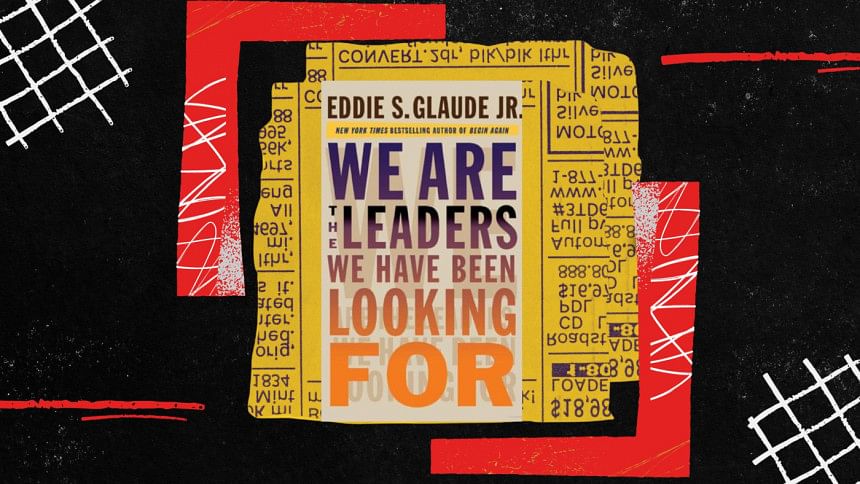Responsible is something to be

A new book explores how people can regain their political fate from professional politicians and be the heroes that we need today. Eddie Glaude Jr, a professor at Princeton University and a preeminent scholar, is the author of We Are the Leaders We Have Been Looking For (2024). His previous best-selling books include Begin Again (2020).
It is a beautiful book—some called it "a lyrical meditation"—but in reading it, it also feels like there is an urgency to the writing. What is driving that? Professor Glaude contends that people have subcontracted their responsibility for democracy for too long. They have outsourced it to charismatic leaders and the so-called heroes. If we do not take responsibility now, we may very well lose it. And we are going to need to take a hard look at what we take ourselves to be.
What exactly would he like us to do?
His idea is simple. If people are going to become the leaders they have been looking for, they are going to have to become better people. And if they are going to be better people, they need to help make a more just world, because the world as it is currently designed, values self-centeredness and greed. It gives license to hate and fear.
He suggests that the messiness of the world is in part a manifestation of the messiness of our inner lives. We must start treating the wounds inside, so that we can open up to the beauty and the brilliance of other people, so that we can commit to the idea of immutable justice that we so often talk about. Reaching for a higher form of excellence in pursuit of a better world.
But isn't it human nature to turn people into heroes, to aspire to a higher ideal? Is he saying that it undermines democracy? He posits that when heroes become larger than life, we end up giving ourselves over to them. And the moment we start giving ourselves over to them, we stop doing the difficult work of becoming better human beings.
He writes about Ella Josephine Baker (1903 - 1986), iconic leader of the civil rights movement who criticised professionalised, magnetic leadership and promoted grassroots organising and the ability of people to comprehend their conditions and advocate for themselves. She worked not only to lift those up who fall in the cracks and crevices of American democracy but also to create a politics where people could understand their own power. She believed in the hard work on the ground of creating the conditions of building community with others.
In the discussions about the search and effort to become a better person, Professor Glaude turns the lens on himself as well. He writes about what he calls his own primordial wound, one caused by his father. Why did he feel obligated to include that in the book? People often try to hide their vulnerabilities. Martin Luther King, for example, would not smoke in public. We only see glimpses of great leaders in their biographies.
What the renowned professor wanted to do was to heal his own wounds, to understand how his brokenness shaped who he turned out to be. He loves his father and has a wonderful relationship with him today. But he was terrified of him as a child. His father could just look at him and he would cry. By dint of the fear his father deposited in him, he thought he was a coward. And so, he reached for heroes. He found Malcom X—a form of masculinity in the face of what felt like being humiliated daily.
In the end, the book is a message of hope. And his is an abiding faith in the capacity of everyday people to act. Where does he derive that faith from? People. He reminds us that African- Americans who once were nothing but slaves, according to some, have come far. He, however, expresses his reservations about interpreting Obama's presidency as the eventuation of the civil rights movement. The quest for justice goes beyond mere representation.
Nothing makes sense anymore, remarked comedian Colin Jost at the 2024 White House Correspondents' dinner in April. The country will have a presidential election in six months. The Republican candidate reportedly owes millions in fines for bank fraud and has been found guilty on all 34 criminal charges in a porn star hush money trial. And the race is tied!
The book is written in the context of the United States. Its universality is undeniable.
Amitava Kar writes from Ottawa.
Views expressed in this article are the author's own.
Follow The Daily Star Opinion on Facebook for the latest opinions, commentaries and analyses by experts and professionals. To contribute your article or letter to The Daily Star Opinion, see our guidelines for submission.

 For all latest news, follow The Daily Star's Google News channel.
For all latest news, follow The Daily Star's Google News channel. 





Comments